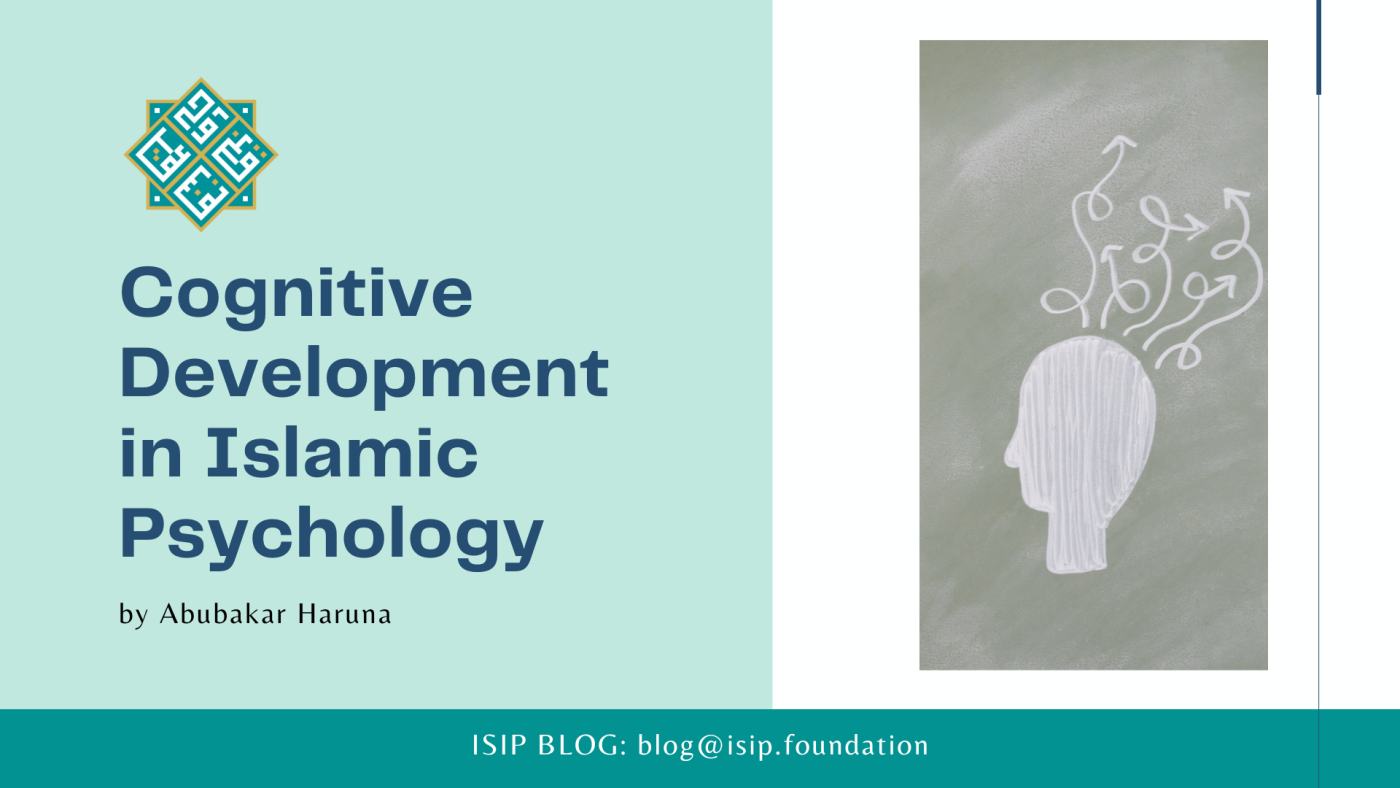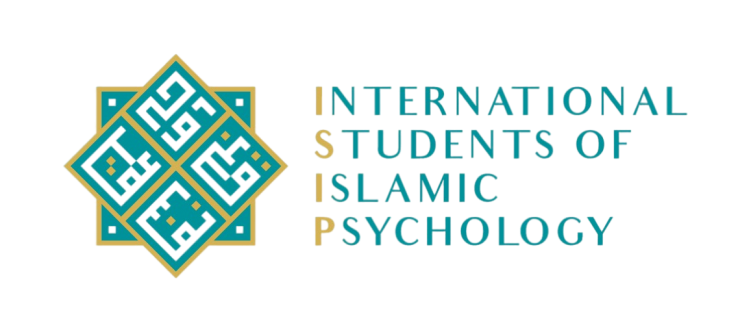
Cognitive development refers to the process by which a person’s understanding and perception of the world around them changes and evolves over time. In Islamic psychology, the concept of cognitive development is often tied to the idea of tazkiyah, or the purification and cultivation of the soul. This process is seen as essential for spiritual growth and the attainment of a closer relationship with God.
One influential theory of cognitive development within Islamic psychology is that of the Turkish psychologist Kazim Karabekir, who proposed a four-stage model of cognitive development based on the Qur’an and Hadith (sayings and actions of the Prophet Muhammad).
According to Karabekir, the four stages of cognitive development are:
- The pre-Islamic stage, characterized by ignorance and a lack of understanding of God and the divine.
- The Islamic stage, characterized by a basic understanding of God and the principles of Islam, but with a focus on external practices rather than inner spiritual development.
- The stage of spiritual awakening, in which the individual begins to develop a deeper understanding of the inner meanings of Islamic teachings and practices.
- The stage of spiritual realization, in which the individual attains a state of complete spiritual understanding and union with God.
This model has been widely influential in Islamic psychology and has been referenced in numerous scholarly works on the subject.
In Islamic psychology, the concept of tazkiyah is closely linked to cognitive development, as the process of purifying and cultivating the soul is seen as essential for attaining a deeper understanding of the divine and the world around us.
The concept of fitrah, or the innate disposition or nature of the human being, is also important in understanding cognitive development in Islamic psychology. Fitrah is seen as the natural, God-given state of the human being, and the cultivation of fitrah is seen as essential for spiritual growth and development.
The Qur’an and Hadith (sayings and actions of the Prophet Muhammad) are important sources of guidance and inspiration for cognitive development in Islamic psychology. These texts are seen as containing timeless wisdom and guidance on how to cultivate the soul and achieve spiritual growth.
Islamic psychology also emphasizes the importance of education and learning in cognitive development. The pursuit of knowledge is seen as a fundamental aspect of Islamic spirituality, and the acquisition of knowledge is seen as essential for attaining a deeper understanding of the divine and the world around us.
Components of Cognitive Development in Islamic Psychology
There are several components of cognitive development that are important in Islamic psychology. These include:
- Attention: The ability to focus and concentrate on a specific task or piece of information is essential for cognitive development. In Islam, the concept of mindfulness, or paying attention to the present moment, is encouraged as a way to cultivate focus and awareness.
- Memory: The ability to retain and recall information is crucial for cognitive development. In Islam, the importance of memorization is emphasized, particularly in relation to the Qur’an, which is seen as the word of God and is believed to have a special power and significance.
- Language: The development of language skills is essential for cognitive development. In Islam, the importance of learning and using language effectively is emphasized, as it is seen as a way to communicate and understand the teachings of the Qur’an and other religious texts.
- Problem-solving: The ability to analyze and solve problems is an important aspect of cognitive development. In Islam, the importance of thinking critically and creatively is emphasized as a way to come up with solutions to problems and challenges.
- Creativity: The ability to think creatively and generate new ideas is important for cognitive development. In Islam, creativity is valued and seen as a way to honor and glorify God, as well as to find solutions to problems and challenges.
References:
Karabekir, K. (n.d.). The stages of tazkiyah (purification of the soul) according to Islamic psychology. Retrieved from http://www.karabekir.com/en/articles/stages-of-tazkiyah/
Zaidi, S. (2007). An Islamic perspective on cognitive development. Journal of Beliefs & Values, 28(1), 49-56.
